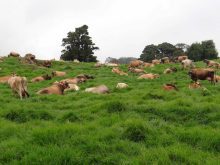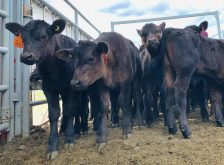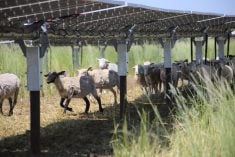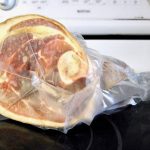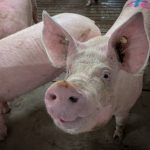A director with Alberta Pork is warning the industry is doomed unless the pricing model is changed.
The Canadian pork industry was built on a low Canadian dollar and the cheap loonie is gone for the foreseeable future, Rocky Morrill told attendees at Alberta Pork’s fall regional meetings.
“Americans raise pigs on an on-par dollar, and that’s who we compete against,” said the hog producer from Dawson Creek, B.C.
“All of Canada is not sustainable with the current model and I’ll show you why.”
Read Also
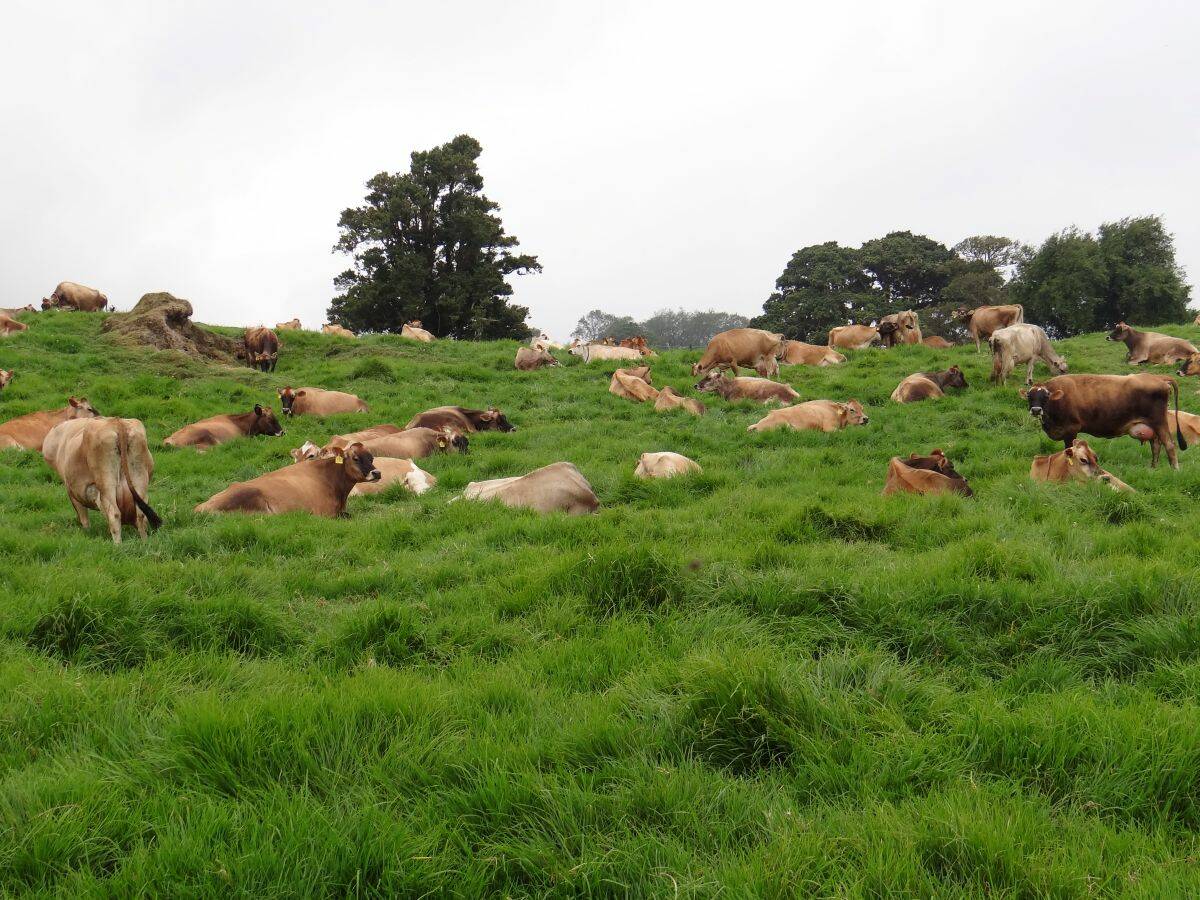
Is inflammation the real cause of milk fever in cattle?
UAlberta researcher Burim Ametaj’s theory challenges 200 hundred years of science and his work may change the approach for treatment.
Morrill then detailed how currency levels had affected the price Canadian producers have received over the past decade.
In the first few years of the last decade, the Canadian dollar was usually under 70 cents U.S., and Alberta hog producers were receiving $1.49 per kilo at the Western Hog Exchange. If the dollar was on par at that time, producers would have received $1.03, said Morrill.
Conversely, if the dollar had remained at 69 cents, today’s price of $1.32 U.S. would translate into $1.86 in Canadian currency – which would have been the highest price ever, he noted.
But with the loonie expected to continue trading at, or near par with the U.S. greenback, producers are coping with a price below their cost of production.
“If we don’t want to talk about this, the industry is just done – there’s no wiggle room,” said Morrill.
“This is not just to go out there and blame the packers or whoever. Our model is broken and if we can’t talk about it, disband it today.”
Changes need to occur in the next few months, said Morrill.
He acknowledged the support from a government transition program, which has allowed producers to exit the industry with equity and dignity intact. However, Morrill said everyone who works in the pork value chain, including retailers and packers, needs to come together to talk about this issue, and fix it.
Selling more pork to consumers will not make the model more sustainable, he added.



